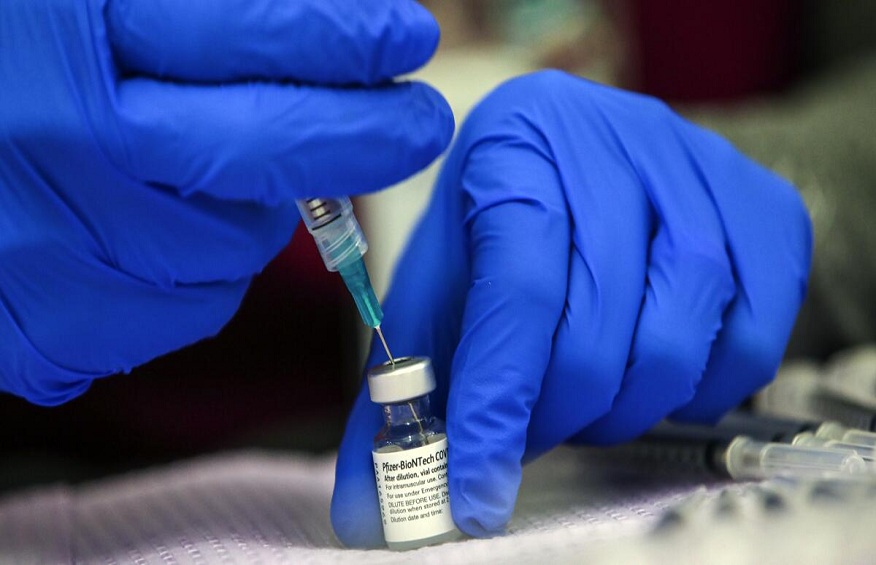Vaccines must be kept in a certain way to prevent deterioration. The manufacturer frequently specifies it. All stages of the cold chain process, including production, distribution, storage, and administration, must adhere to these specifications.
The vaccine may lose some of its potency or cease to function altogether if the cold chain breaks by exposure to moderate extremes while it is transported or stored.
Most vaccines are kept in a refrigerator between 2 and 8 degrees Celsius, although an ideal temperature range is 5 degrees Celsius with little difference. They have relatively low-temperature variation throughout the days and seasons, don’t have high or low temperatures on any interior surface, and sometimes even have an external temperature display that records the internal temperature automatically at specific intervals.
Numerous live vaccinations can freeze between -15 and -50°C, depending on the manufacturer’s instructions. The only vaccines routinely administered are the zoster (shingles), smallpox, and varicella (chickenpox). Other immunizations are not to be kept in the fridge.
Vaccines that do not replicate in conjunction with adjuvants like aluminum salts. It includes inactivated viruses or bacteria, purified protein subunits, carbohydrate antigens, and recombinant subunit protein antigens. Aluminum salts were a component in vaccines nearly a century ago. By creating an ionic link with the target antigen, these salts significantly increase the durability and efficacy of the vaccine.
Aluminum salt-containing adjuvants have recently proved to have an extra potential role, according to Procurenet. These adjuvants seem to help promote an improved host immune response after being administered with a vaccine. By inducing cytokines in monocytes, macrophages, and granulocytes, aluminum salts create a local immunostimulatory milieu. Additionally, they might cause stromal cells to necrotize locally. It would release uric acid and trigger inflammasomes.
In any event, because of the aggregation and sedimentation of colloidal particles caused by freeze-thaw cycles, aluminum salts are vulnerable to freezing-related damage. Elevated temperatures hardly alter the aluminum gel’s structure, according to Procurenet.
Vaccines are more often damaged by freezing than by heat, and most manufacturers recommend avoiding storing them at room temperature for more than thirty minutes unless there are circumstances. The vaccine’s proteins gradually lose potency due to denatured protein formation, which occurs when temperatures rise beyond and close to 45°C. That is because the antigen’s structure is no longer present.
A tetanus vaccination may last for several weeks at 35°C, but during the first two weeks of storage at 45°C, it loses 5% of its potency. After three to five hours, the vaccination became useless when exposed to temperatures of sixty degrees Celsius. Conversely, a tetanus vaccination lost about 30% of its efficacy after being kept at -30°C for a full day.
Freeze-thaw cycles can directly harm the vaccine’s proteins through several different processes. Rapid freezing produces tiny ice crystals, which are more likely to collide with one another and cause damage and partial unfolding since they inherently have a larger surface area than proteins.

